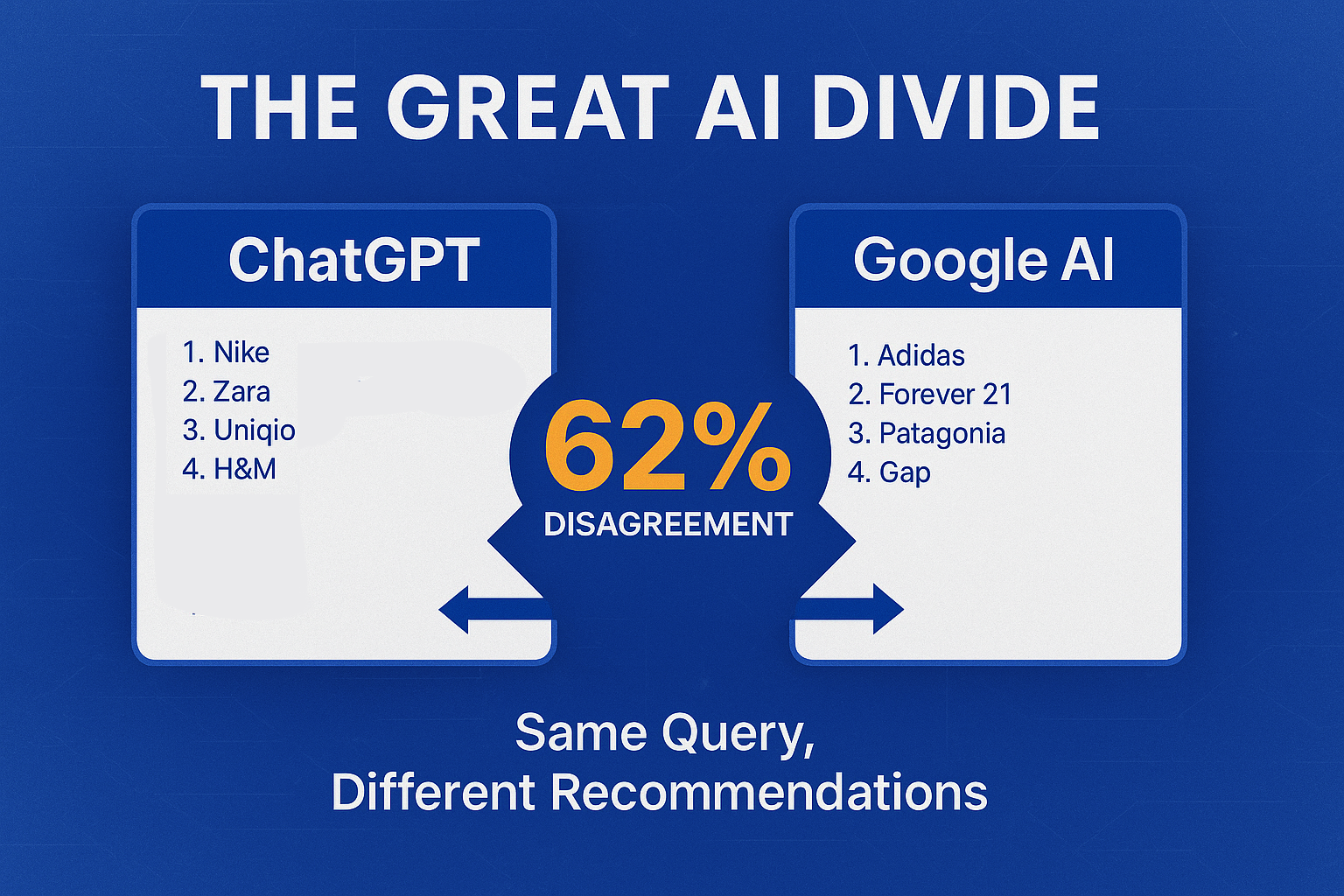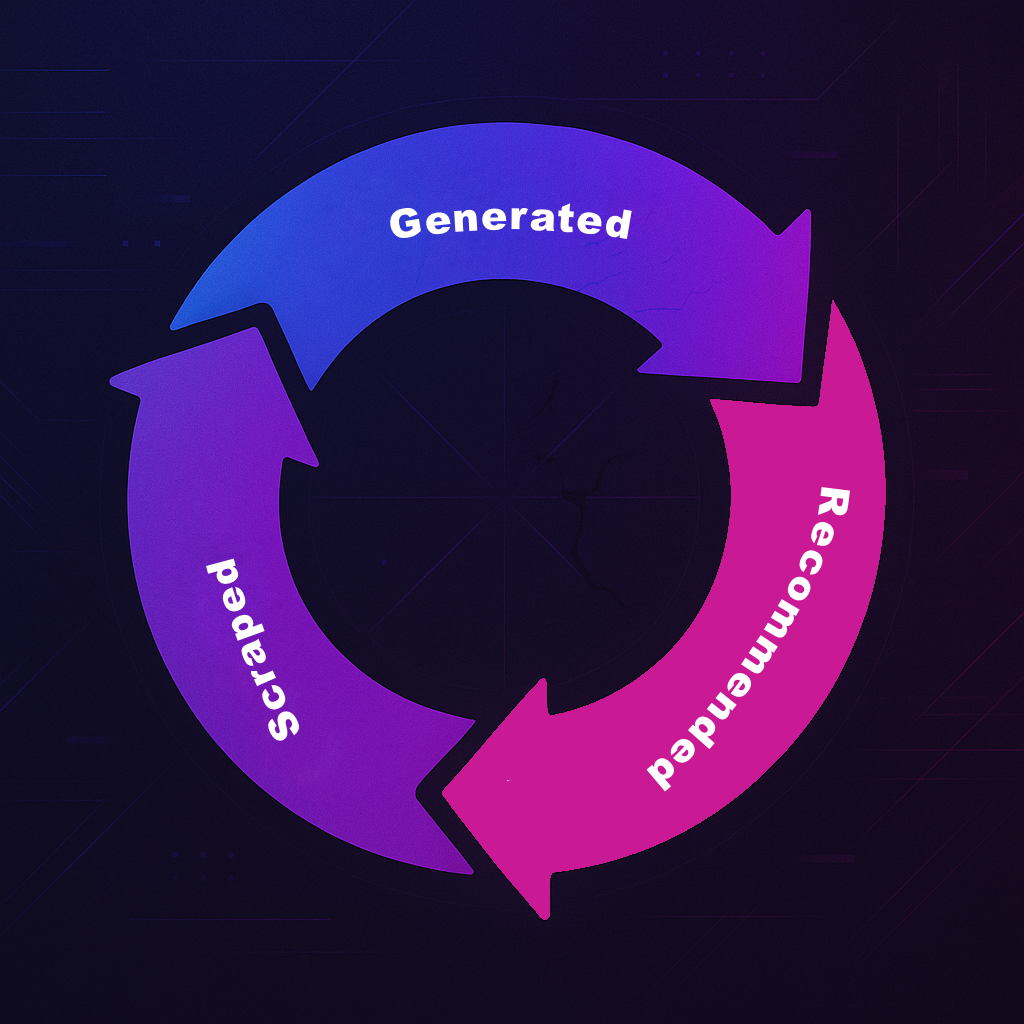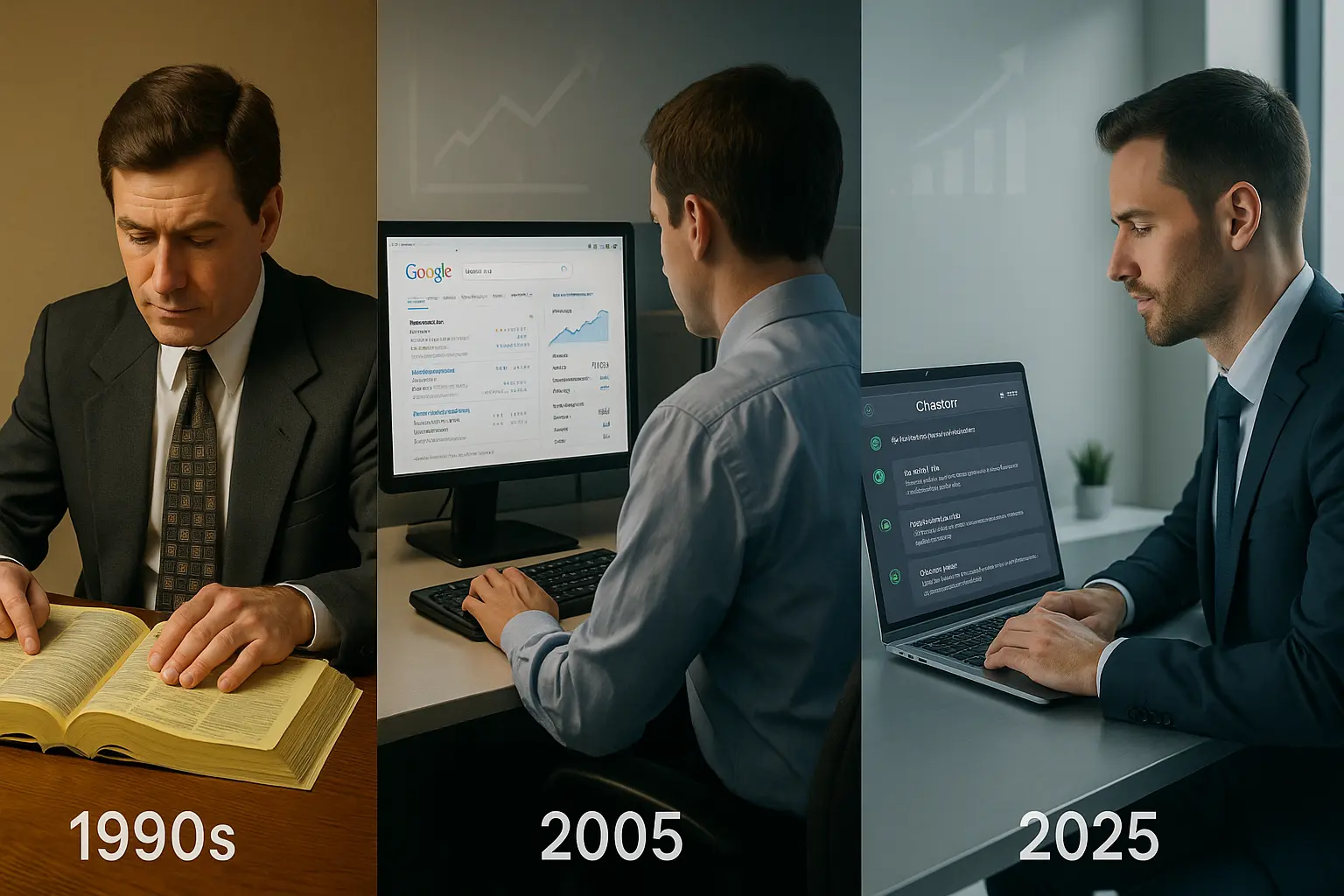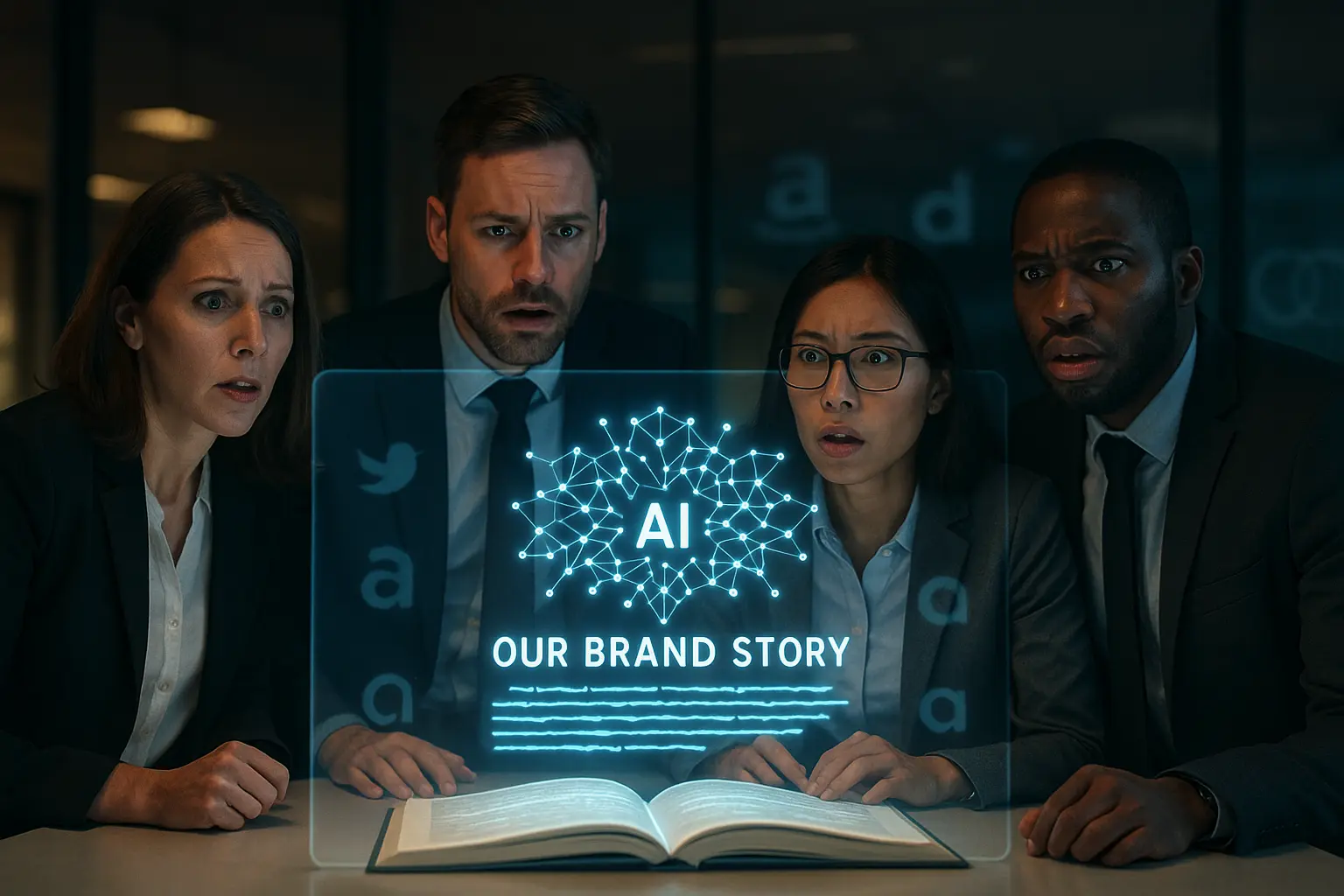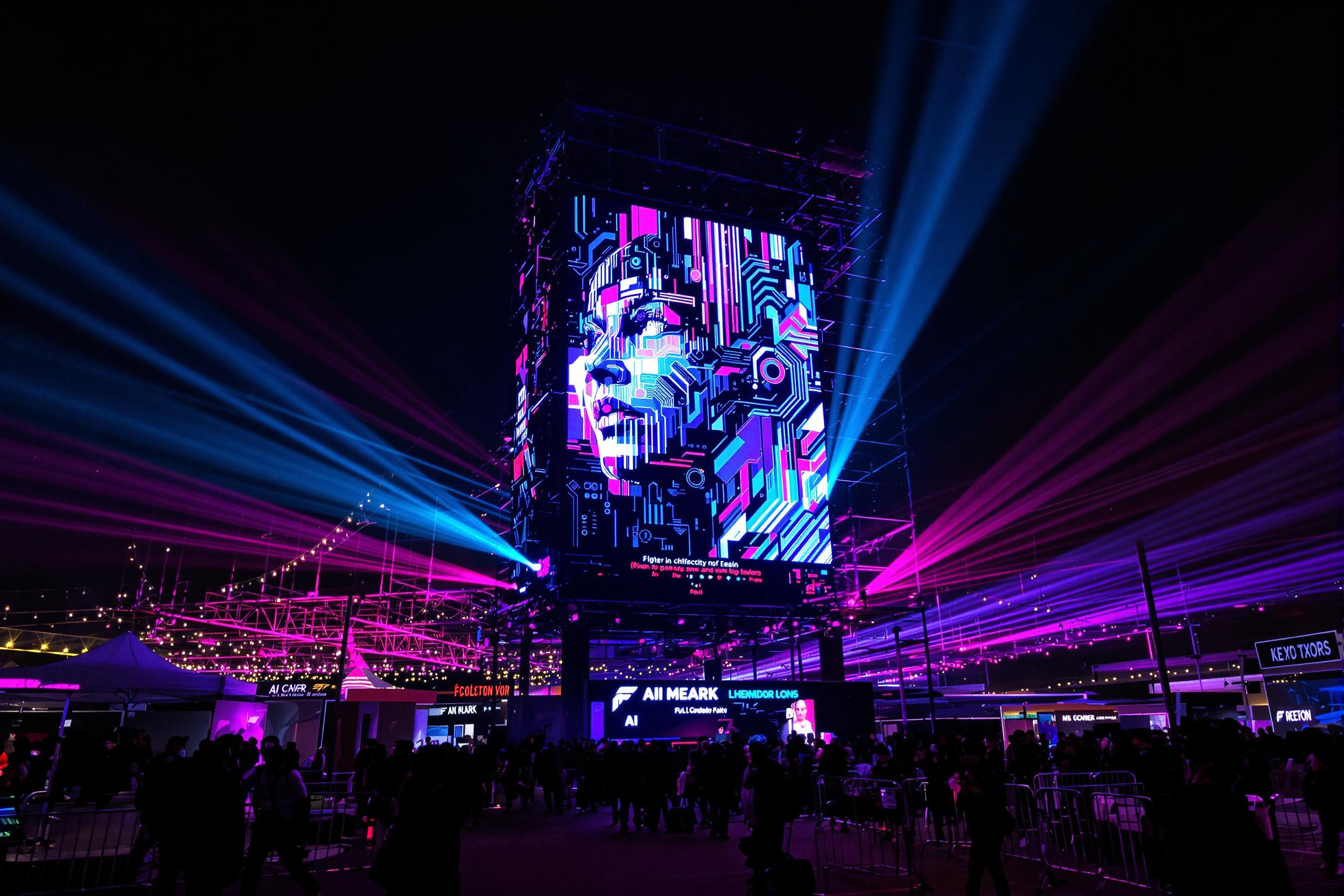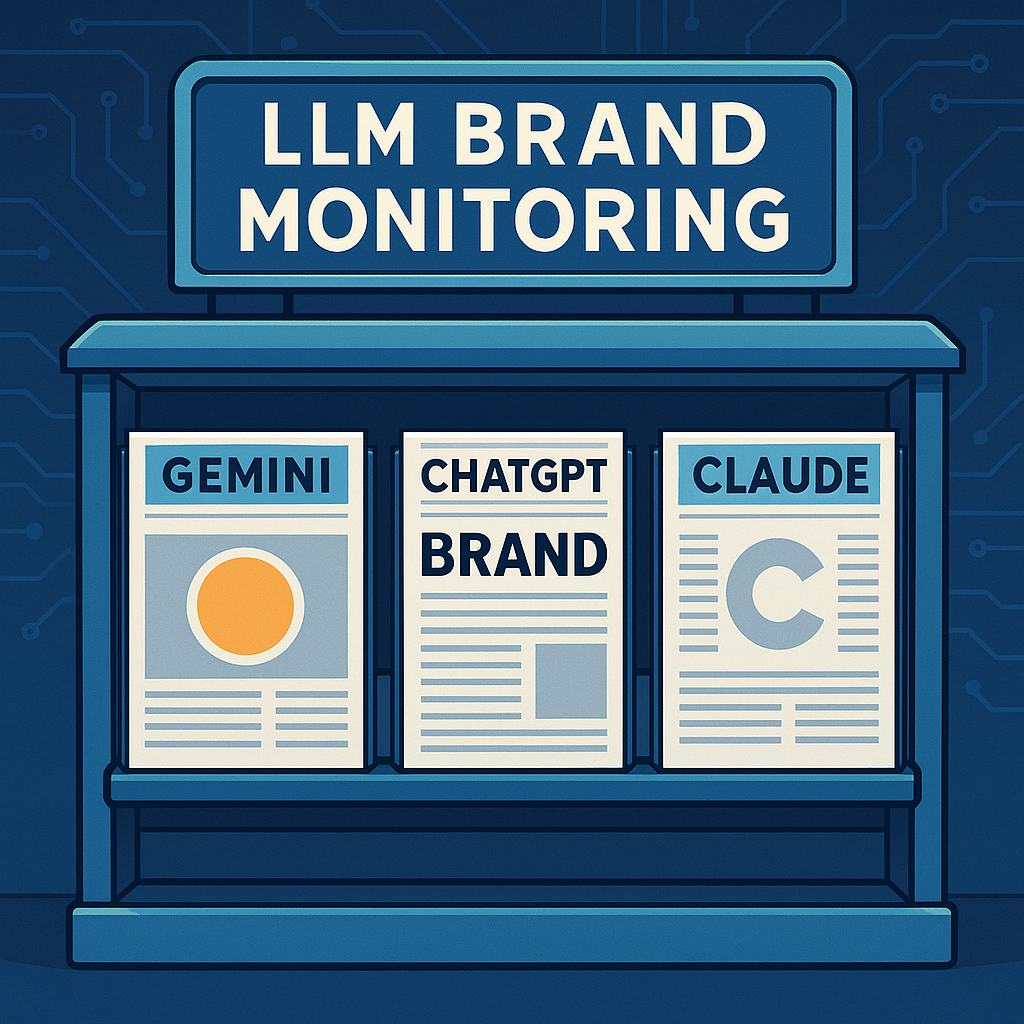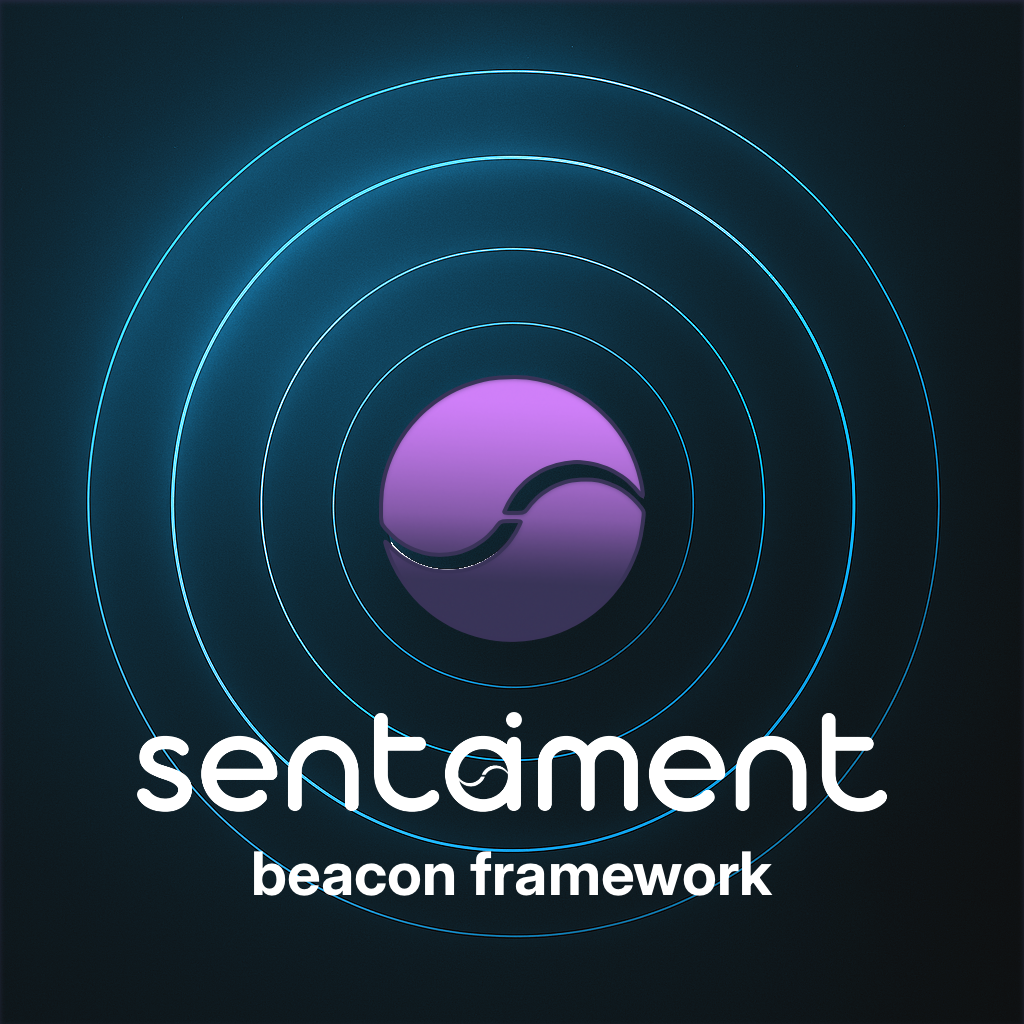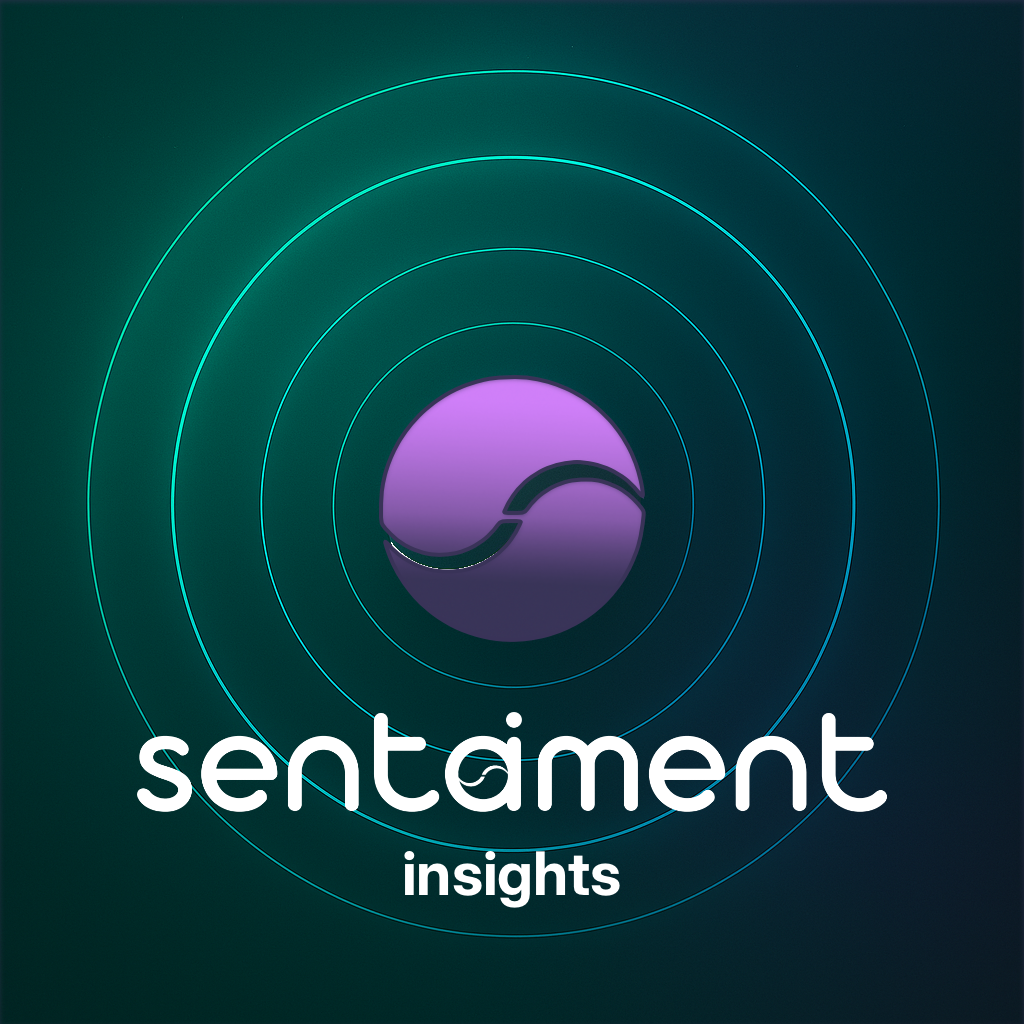New research reveals a major problem for brands trying to optimize their presence across AI platforms: different AI systems rarely recommend the same companies.
A BrightEdge analysis of tens of thousands of identical prompts found that Google's AI tools and ChatGPT disagree on brand recommendations nearly two-thirds of the time, according to a new Search Engine Land report. This creates a fragmented landscape where brand visibility varies dramatically depending on which AI platform users choose.
The Numbers Tell the Story
The disagreement rate is striking. According to the Search Engine Land report, ChatGPT and Google's AI systems disagreed on brand picks 61.9% of the time. Only 17% of queries produced the same brand recommendations across all three platforms tested.
The platforms also show very different approaches to mentioning brands at all. Google's AI Overviews surfaced brands in 36.8% of queries, while ChatGPT mentioned brands in just 3.9% of cases. ChatGPT stayed completely silent about brands 43.4% of the time, compared to Google AI Overviews' 9.1% silence rate.
When the platforms do mention brands, Google goes bigger. AI Overviews averaged 6.02 brands per query, more than double ChatGPT's 2.37 average.
Different Citation Strategies
The study uncovered what Search Engine Land calls a "citation paradox." ChatGPT mentions brands more often than it provides citations for them, showing 2.37 brand mentions but only 0.73 citations on average. Google's approach is the opposite, with AI Overviews providing 14.30 citations while mentioning just 6.02 brands.
This suggests ChatGPT relies more heavily on its training data, while Google emphasizes showing users where information comes from.
When AI Systems Actually Agree
The rare moments of alignment depend on what users are asking about. "Compare" queries had 80% agreement between platforms, while "buy" queries reached 62% agreement. But "best" queries, which might be most valuable for brand discovery, only aligned 23% of the time.
Industry matters too. Healthcare showed the highest disagreement at 68.5%, while ecommerce had the lowest at 57.1%. B2B tech, education, and finance all fell in between.
The Real Problem: This Is Just the Beginning
The BrightEdge study only looked at three AI systems. But brands need to show up across many more platforms. Claude, Perplexity, Gemini, Microsoft Copilot, and dozens of other AI tools are all making brand recommendations to users every day.
If Google AI and ChatGPT disagree 62% of the time, what happens when you add Claude to the mix? Or Perplexity? Each additional AI platform creates new variables and new opportunities for your brand to get left out.
The math gets ugly fast. With just three platforms disagreeing most of the time, brands already face an inconsistent landscape. Add five more major AI systems, and the complexity explodes. Your brand might show up great in ChatGPT, disappear completely in Claude, get buried in Google AI, and receive mixed reviews in Perplexity.
This creates a resource nightmare for marketing teams. Instead of optimizing for one dominant platform like Google Search, brands now need separate strategies for each AI system. Different platforms prioritize different signals, citation styles, and content types. What works for ChatGPT might hurt you in Google AI. Teams must now put AI search optimization strategies at the top of their list.
The stakes are high because users are increasingly turning to AI for purchase decisions and brand discovery. Missing from the wrong AI platform at the wrong time could cost significant business, and you might never know it happened.
What Your Brand Should Do Right Now
The fragmentation isn't waiting for marketers to catch up. Here are four immediate actions to take:
Start Multi-Platform Monitoring: Set up tracking across ChatGPT, Google AI, Claude, and Perplexity using tools like Sentaiment, Semrush AI toolkit, or Ahrefs Brand Radar. Test your brand's visibility with key industry queries monthly.
Diversify Your Content Strategy: Create content specifically optimized for different AI platforms. ChatGPT favors conversational, solution-focused content, while Google AI prefers structured, citation-heavy articles. Develop platform-specific versions of your key messaging.
Build Cross-Platform Authority: Secure mentions and citations across the publications each AI platform trusts. Google AI heavily weights news sources and Wikipedia, while ChatGPT draws from forums, reviews, and knowledge bases. Map where each platform sources information in your industry.
Implement Unified Measurement: Traditional SEO metrics don't capture AI visibility. Track mention rates, sentiment analysis across platforms, and AI-driven referral traffic. Set up alerts for when competitors appear in AI responses where you don't.
What This Means for Brands
For companies investing in AI optimization, or Generative Engine Optimization (GEO), these findings highlight a volatile landscape. As the BrightEdge research shows, there's no guarantee that visibility on one platform translates to visibility on another.
The fragmentation creates both challenges and opportunities. Brands can't rely on a single AI optimization strategy, but the inconsistency also means there are "massive untapped visibility opportunities" for companies willing to optimize across multiple platforms.
The key takeaway: AI brand optimization and visibility isn't like traditional SEO, where Google dominance made focusing on one platform logical. The AI landscape is fractured, and successful brands will need strategies that work across multiple systems.
Source: "Google AI, ChatGPT rarely agree on brand recommendations: Data" by Danny Goodwin, Search Engine Land, August 29, 2025. Based on BrightEdge analysis of tens of thousands of identical prompts across Google AI Overviews, Google AI Mode, and ChatGPT.
